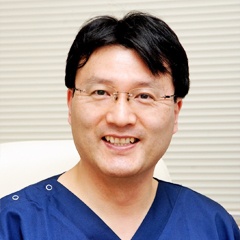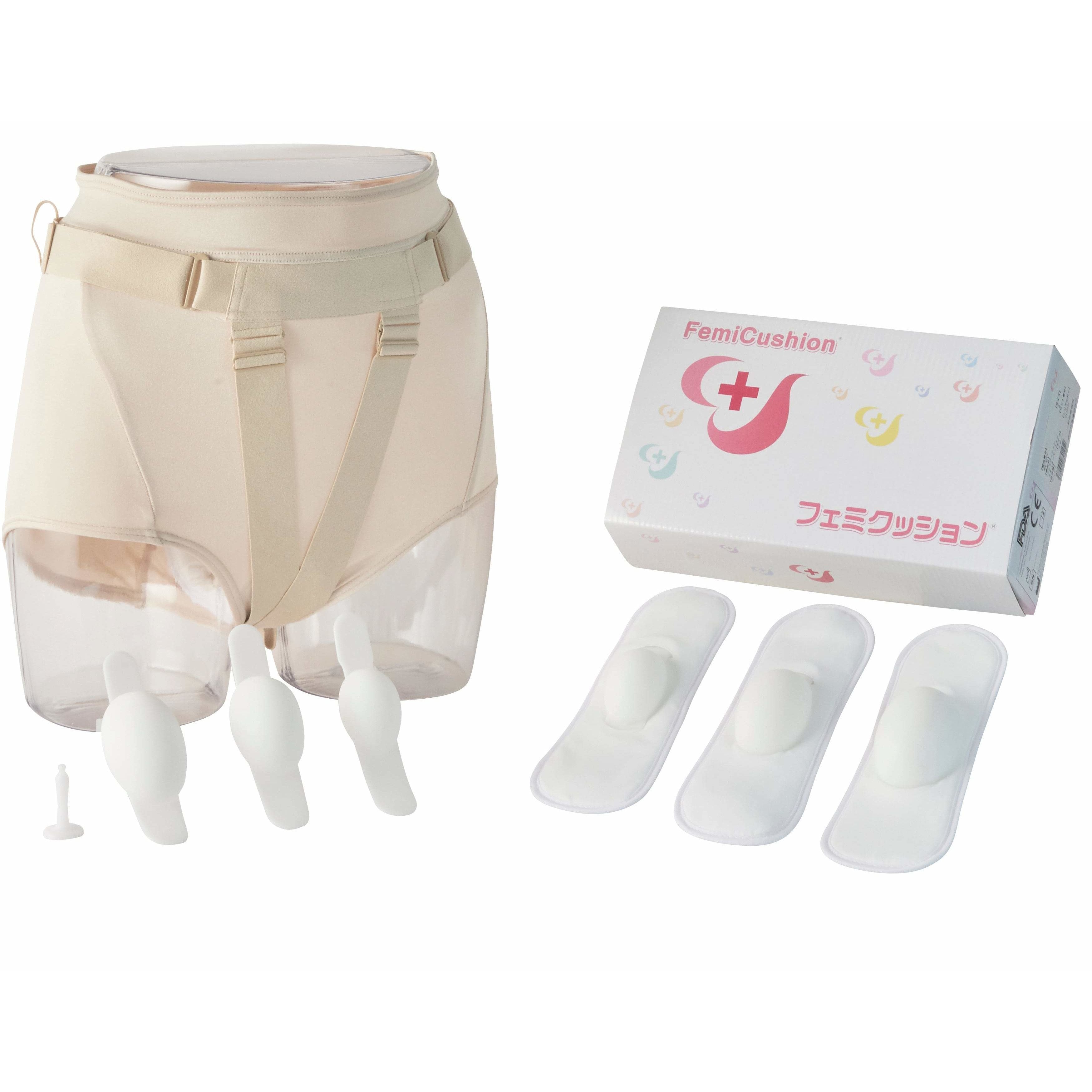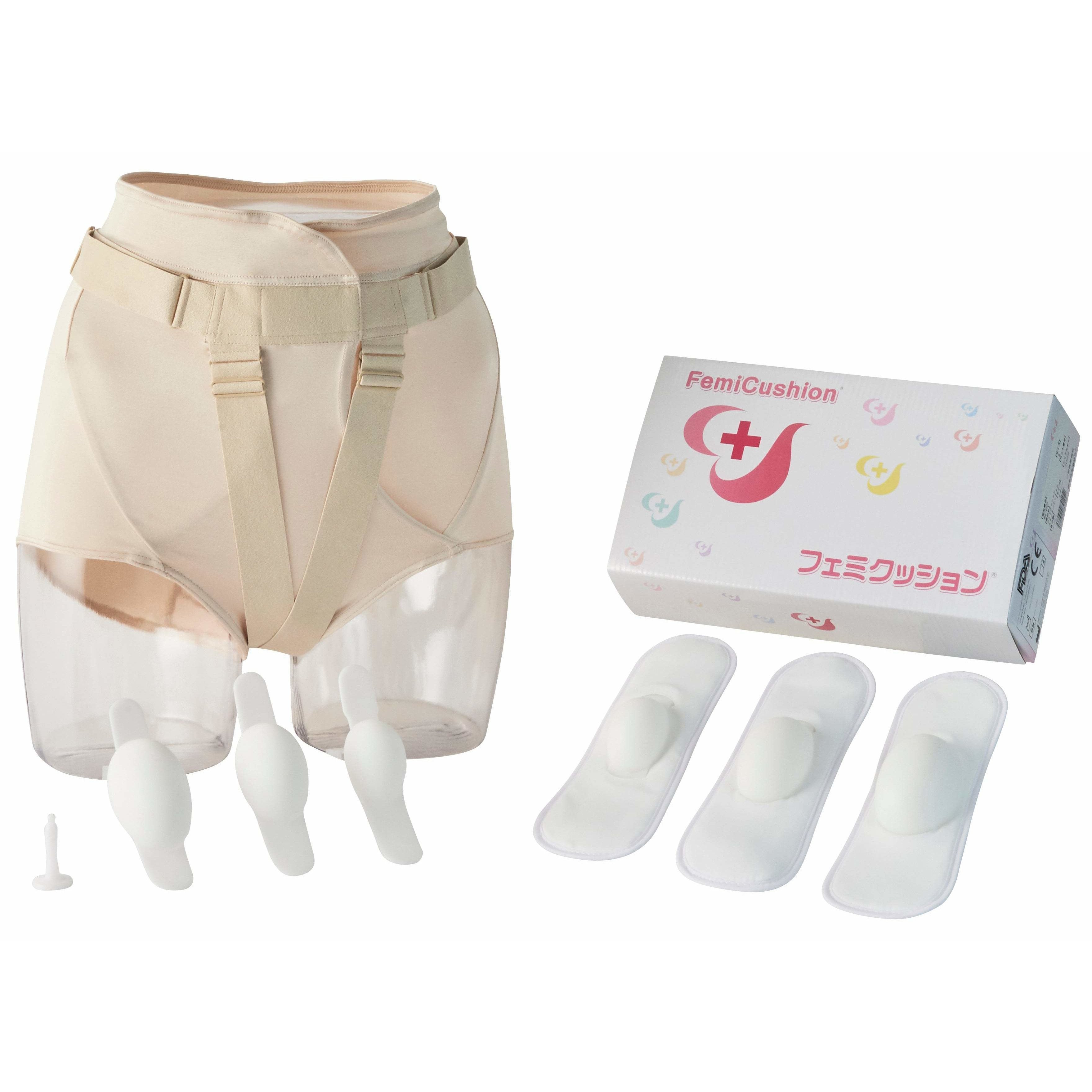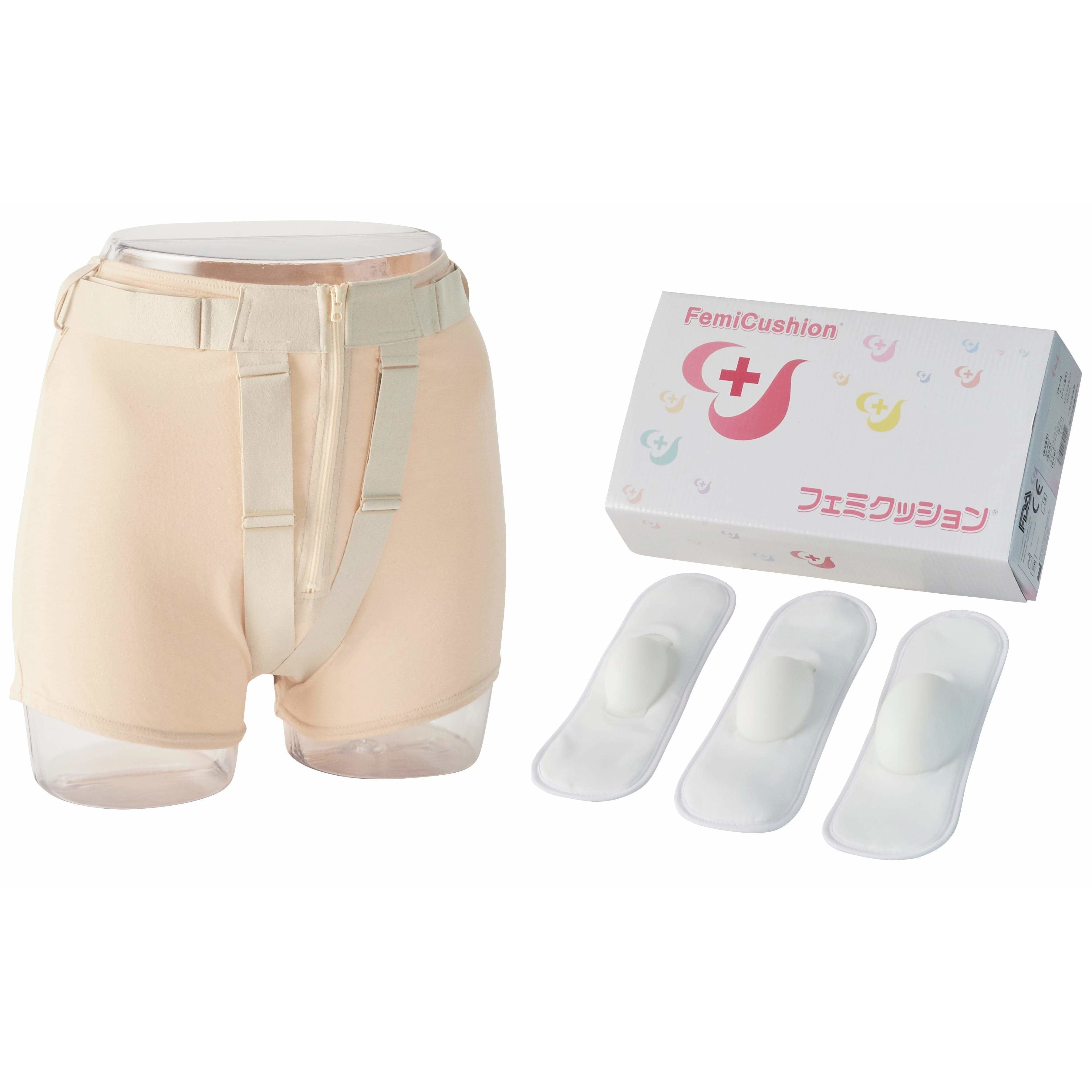Sexual Dysfunction and Treatment in Women
Table of Contents

Sex is an integral part of life. Over the years, we have learned to talk about sex with our peers without inhibitions but sexual problems are still a hush-hush topic. Evidence suggests that sexual dysfunction is fairly common, and approximately 30% of men and 40% of women are affected by sexual dysfunction. However, people often do not wish to discuss these matters openly which makes seeking care difficult.
Sexual dysfunction can feel overwhelming to both you and your partner. It can hurt your self-esteem and prevent you and your partner from experiencing satisfaction in your sex life. This article will talk about the causes and symptoms of female sexual dysfunction and how to manage it.
What is Sexual Dysfunction?
Before we talk about what we mean by sexual dysfunction, it is important to understand what sexual response is. The sexual response cycle is a four-stage sequential model that depicts the physical and emotional changes occurring in a person participating in a sexually stimulating activity. The four stages of this model are excitement, plateau, orgasm, and resolution. Sometimes, women do not go through these stages in order.
What are the causes of female sexual dysfunction?
How a person responds to a sexual stimulus depends upon a complex interplay of multiple factors such as physiology, emotions, past experiences, beliefs, and lifestyle. Disturbances in any of these factors can affect sexual desire, arousal, or satisfaction. The factors can be broadly classified into three categories.
Physical: Medical conditions like cancer, kidney failure, Multiple sclerosis, heart disease, and bladder issues, and pelvic organ prolapse can cause sexual dysfunction in females. Women under certain medications like antihistamines, antidepressants, blood pressure drugs, and chemotherapy drugs can experience a decline in their libido and find it difficult to have an orgasm.
Hormonal: The decreased estrogen level after menopause can lower sexual desire and responsiveness. Sometimes, the vaginal lining can get thinner resulting in dyspareunia or painful intercourse. Hormonal fluctuations after childbirth or during breastfeeding can also affect libido.
Psychological and social: Sexual dysfunction can occur due to anxiety or depression. Long-term stress and a history of sexual abuse can negatively impact one's sexual responsiveness. Postpartum depression can also cause a decline in libido. Sexual dysfunction can also result from various cultural and religious issues.
What are the symptoms of female sexual dysfunction?
- Lack of sexual desire and willingness to participate in sexual activity.
- Difficulty and inability to become aroused and maintain arousal during sexual activity.
- Persistent or recurrent difficulty in experiencing orgasm.
- Pain while having sexual intercourse.
Types of Sexual Dysfunction in Women
Typically, female sexual dysfunction in women can be of four types:
- Anorgasmia: Inability to have an orgasm.
- Dyspareunia: Pain during sex.
- Hypoactive sexual desire disorder: Low libido or lack of sexual desire.
- Sexual arousal disorder: Difficulty in getting sexually aroused.
How is Sexual Dysfunction Diagnosed for Women?
The key to diagnosing sexual dysfunction in women is sharing your concern with your healthcare provider. He or she can help evaluate the physical and psychological factors contributing to the issue and find a suitable solution. Your healthcare provider will begin by taking a detailed health history.
Past experiences and surgeries like hysterectomy and oophorectomy can also lead to sexual dysfunction. Pelvic exams and pap smears can help rule out any gynecologic issues contributing to sexual dysfunction in women. In some cases, imaging and blood tests are recommended to check for tumors, cysts, any other unusual growths, and hormonal imbalances. Vaginal cultures can help detect infection.
A psychological consultation can help explore possible psychological causes contributing to sexual dysfunction. So, sharing your fears and anxieties can help diagnose and find an appropriate treatment for female sexual dysfunction.
Treatment for Female Sexual Dysfunction
Treatment for female sexual dysfunction includes:
- Estrogen therapy: Localized estrogen therapy is administered using a vaginal ring, cream, or tablet. It helps promote blood flow in the vagina and enhances lubrication.
- Ospemifene: It is a selective estrogen receptor modulator that helps relieve pain during sex.
- Androgen therapy: This therapy involves administering testosterone (a hormone essential for healthy sexual function in males and females).
- Flibanserin: It is an antidepressant approved by FDA to treat low sexual desire in premenopausal women.
- Bremelanotide: It is an FDA-approved treatment for alleviating low sexual desire in premenopausal women.
Lifestyle changes like avoiding excessive alcohol consumption, quitting smoking, being more physically active, and finding time for leisure are also considered effective as female sexual dysfunction remedies. Alternative medicine therapies like yoga and acupuncture may also improve sexual dysfunction. Counseling can also help explore the emotional and psychological barriers and help relieve sexual dysfunction.
Can Sexual Dysfunction be Cured?
The success of sexual dysfunction treatment depends upon how correctly the underlying cause of problems has been diagnosed and managed. The condition can get reversed if the underlying cause is addressed appropriately.
Supervising Doctor of This Article

Koichi Nagao, MD PhD
Professor, Department of Urology, Toho University Faculty of Medicine
Director of Urinary tract reconstruction center, Toho University Omori Medical Center
Director of Reproduction Center, Toho University Omori Medical Center
Professor Nagao specializes in plastic surgery in the field of reproductive medicine. He completed eight years of plastic surgery training at Showa University before majoring in urology at Toho University. With his meticulous surgical techniques and careful examinations that combines urology and plastic surgery, Professor Nagao became a Board Certified Specialist with multiple associations including the Japanese Urological Association, the Japan Society for Reproductive Medicine, and the Japanese Society for Sexual Medicine.
The suggested Products

FemiCushion Standard Deluxe Kit
$299.99

Kit FemiCushion EasyOpen Deluxe
$299.99

Conjunto de FemiCushion Lite
$249.99




